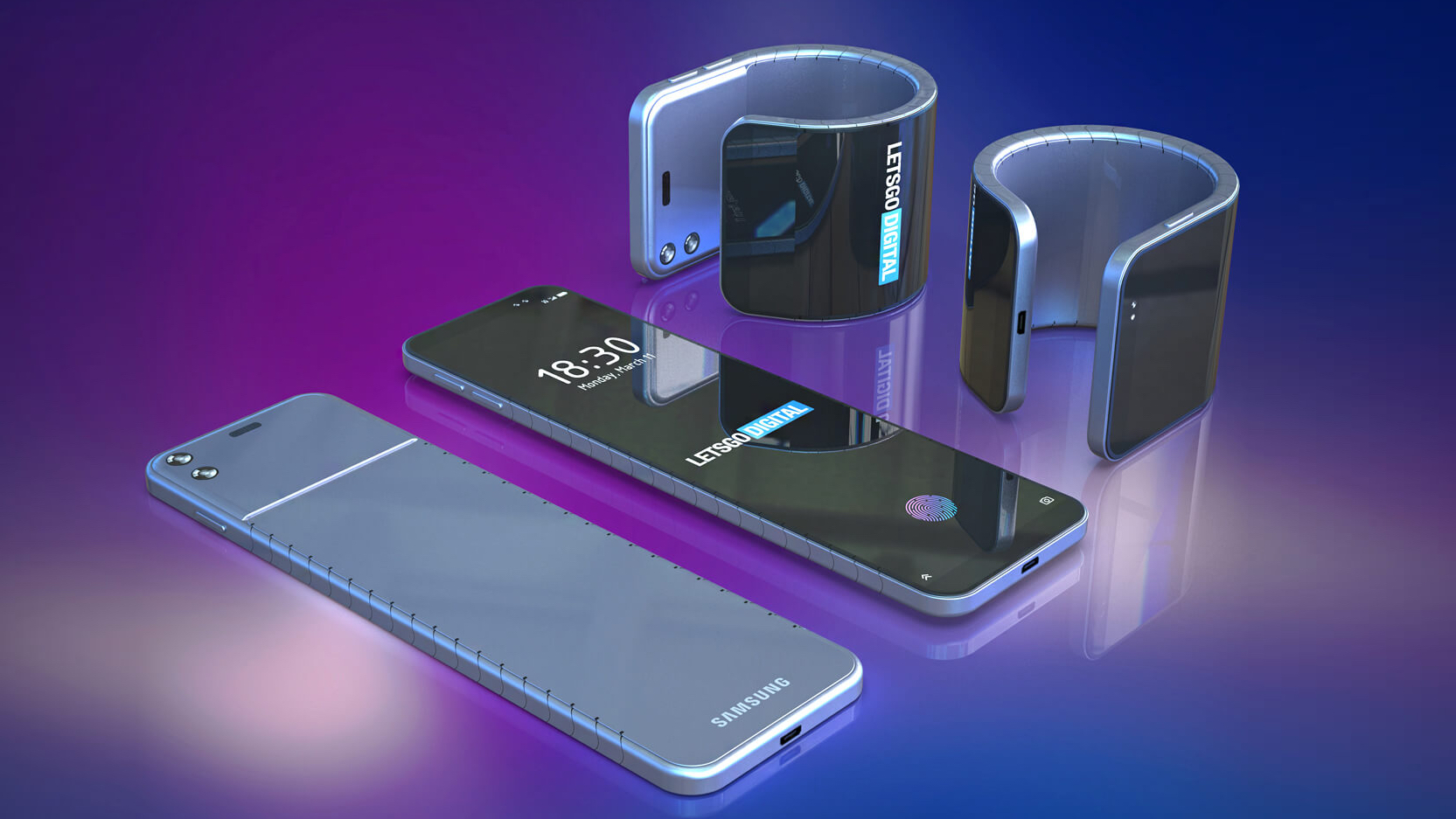

Samsung will start taking pre-orders for its hotly-anticipated flexible Galaxy Fold late next month in the US, with UK pre-orders starting on May 3, 2019. But the foldable flagship, which is set to cost €2,000 ($1,980), is just the beginning of Samsung's bendable ambitions.
According to a new patent, filed last week with the World Intellectual Property Organisation and unearthed by technology blog LetsGoDigital, Samsung is hard at work on a futuristic new smartphone that can wrap around your wrist to be worn like a smartwatch. To do this, it will use a threaded metal chassis, like those seen in some existing watch wristbands.
The flexible OLED display on the wristworn smartphone – a technology that Samsung has branded Infinity Flex – will only bend in a single direction. Unlike the Galaxy Fold, there will be no need for a fold, since the device only needs to close around the circumference of your wrist. According to the patent, Samsung will use magnets at each end of the smartphone to keep it locked in place on your wrist.
Illustrations filed with the patent show a SIM card tray at the top of the device, with a USB-C port to handle syncing and charging at the opposite end. Samsung has also included volume buttons on the left hand-side of the chassis, as well as dual rear-facing cameras with no camera bump (unlike the latest generation of Galaxy S devices, which are still slightly raised from the body of the phone).
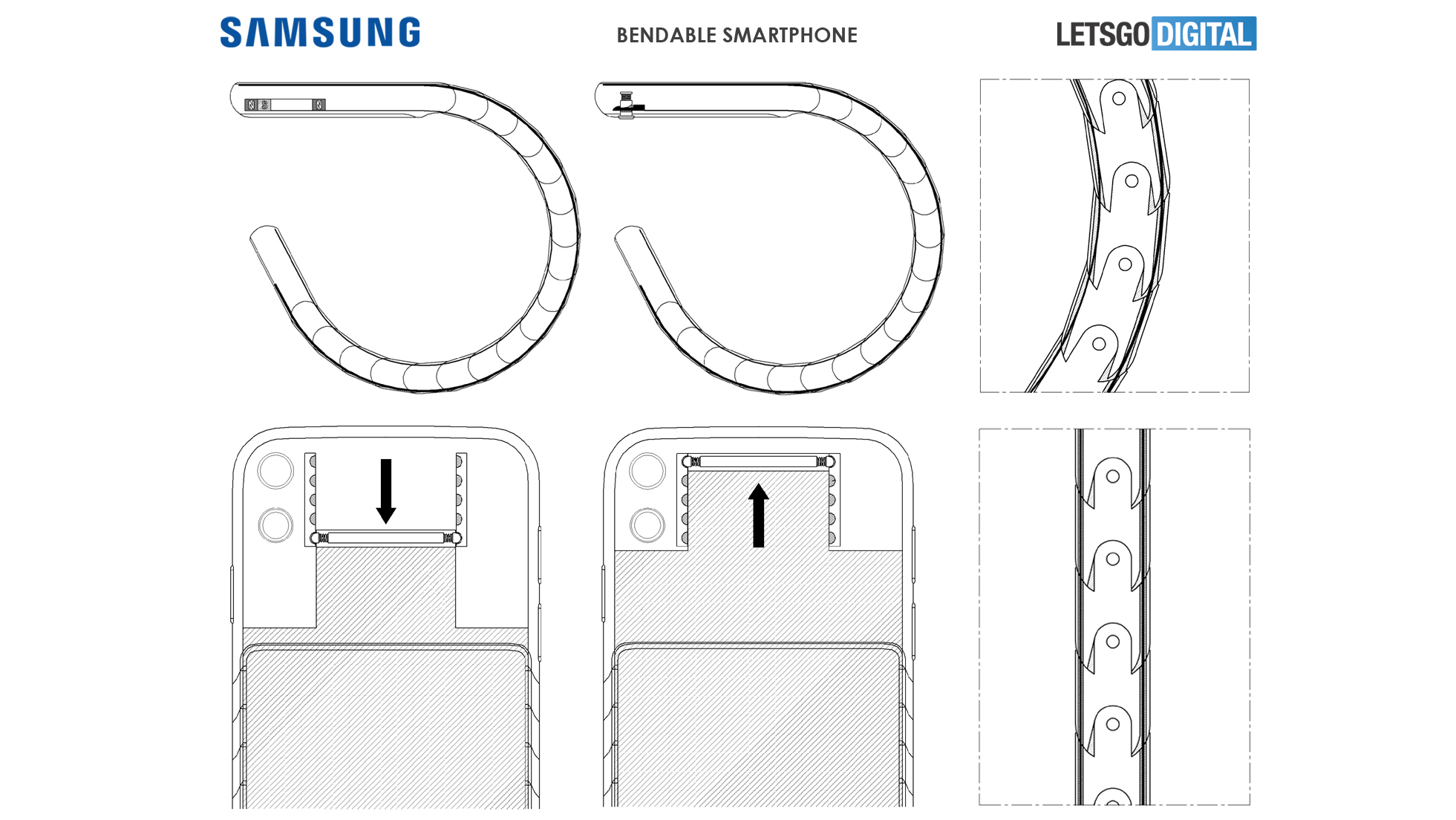
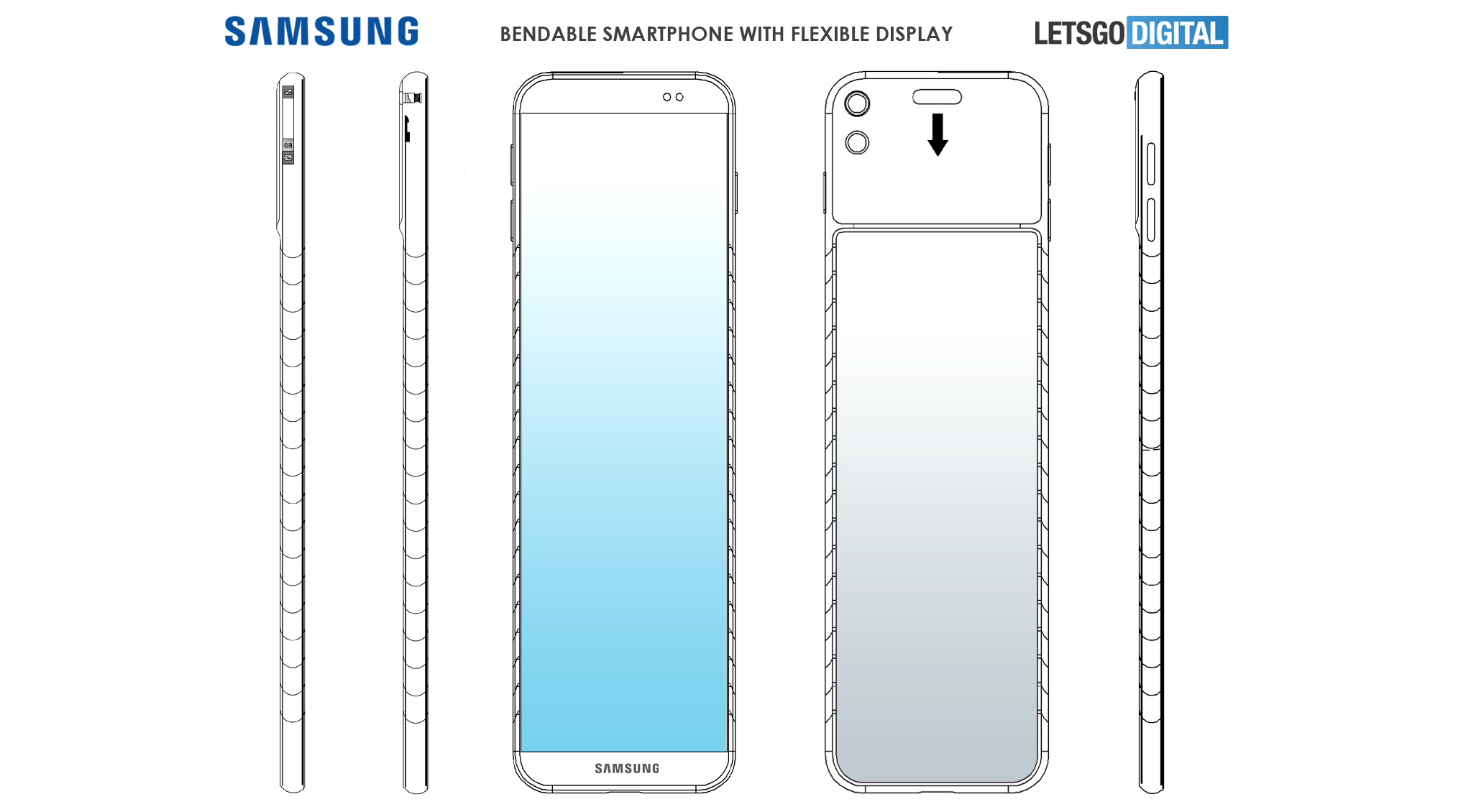
LetGoDigital has mocked-up a series of high-resolution renders based on the technical drawings filed with the patent to the World Intellectual Property Organisation. It shows how the device will purportedly look wrapped around your wrist, and when it's completely unfurled to watch movies, play games, text friends.
Most Samsung-branded smartphones already offer some limited fitness features, like step tracking and heart-rate monitoring, so it makes sense to let users wrap the handset around their wrist and avoid doubling up with an extra Galaxy-branded fitness band or smartwatch.
While the latest foldable proposition from Samsung might seem like the kind of futuristic device we'd sooner see in the next Star Trek film than sitting on the shelves of our local Currys PC World, it's actually not as far-fetched as it might seem.
Sign up to the T3 newsletter for smarter living straight to your inbox
Get all the latest news, reviews, deals and buying guides on gorgeous tech, home and active products from the T3 experts
In fact, Nubia unveiled a device with a very similar design at the Mobile World Congress tradeshow in Barcelona last month. Dubbed Nubia Alpha, the device has a 4.01-inch OLED screen that wraps around your wrist. Like the upcoming Samsung wearable, the Nubia Alpha supports mobile connectivity too.
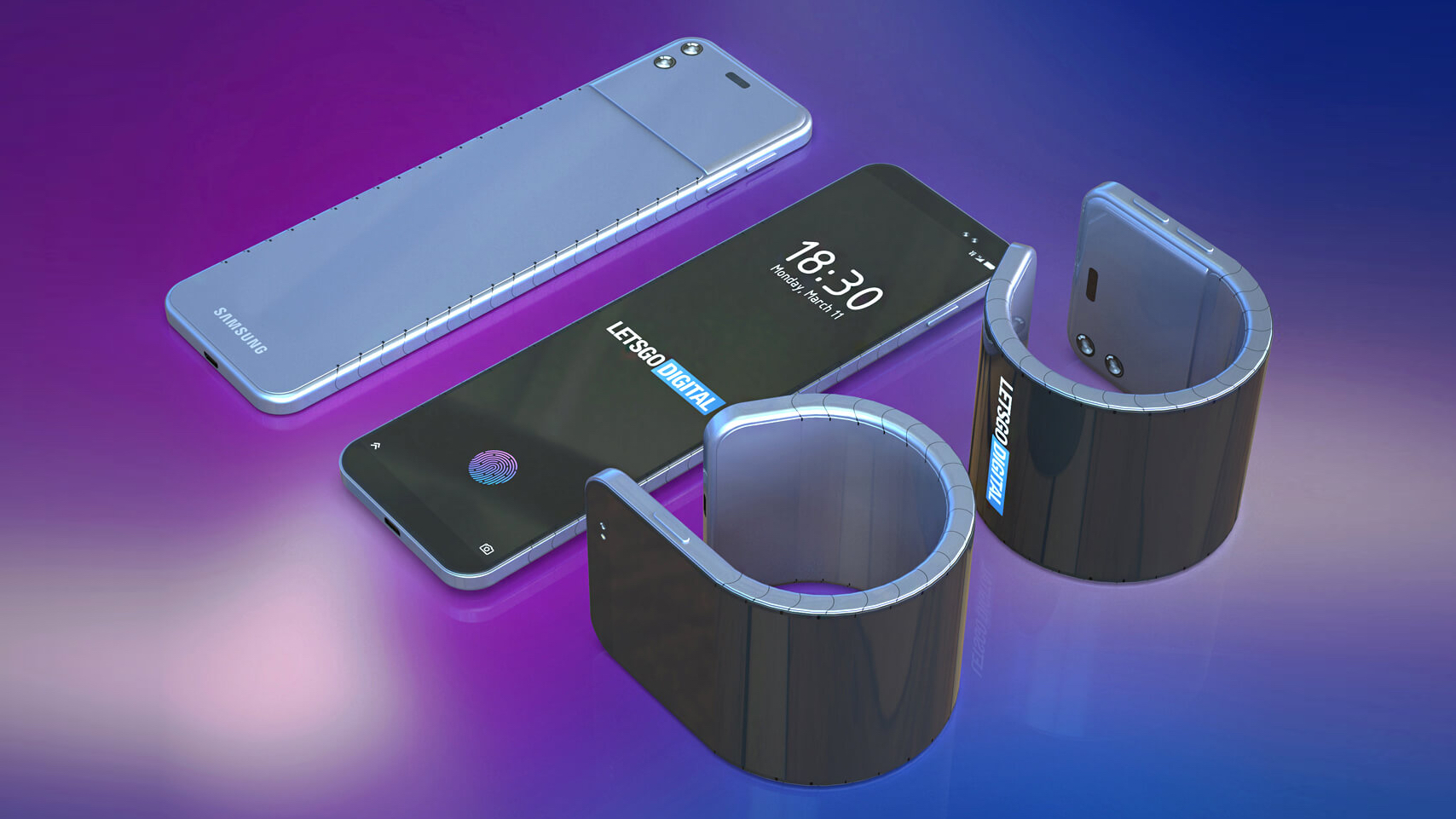
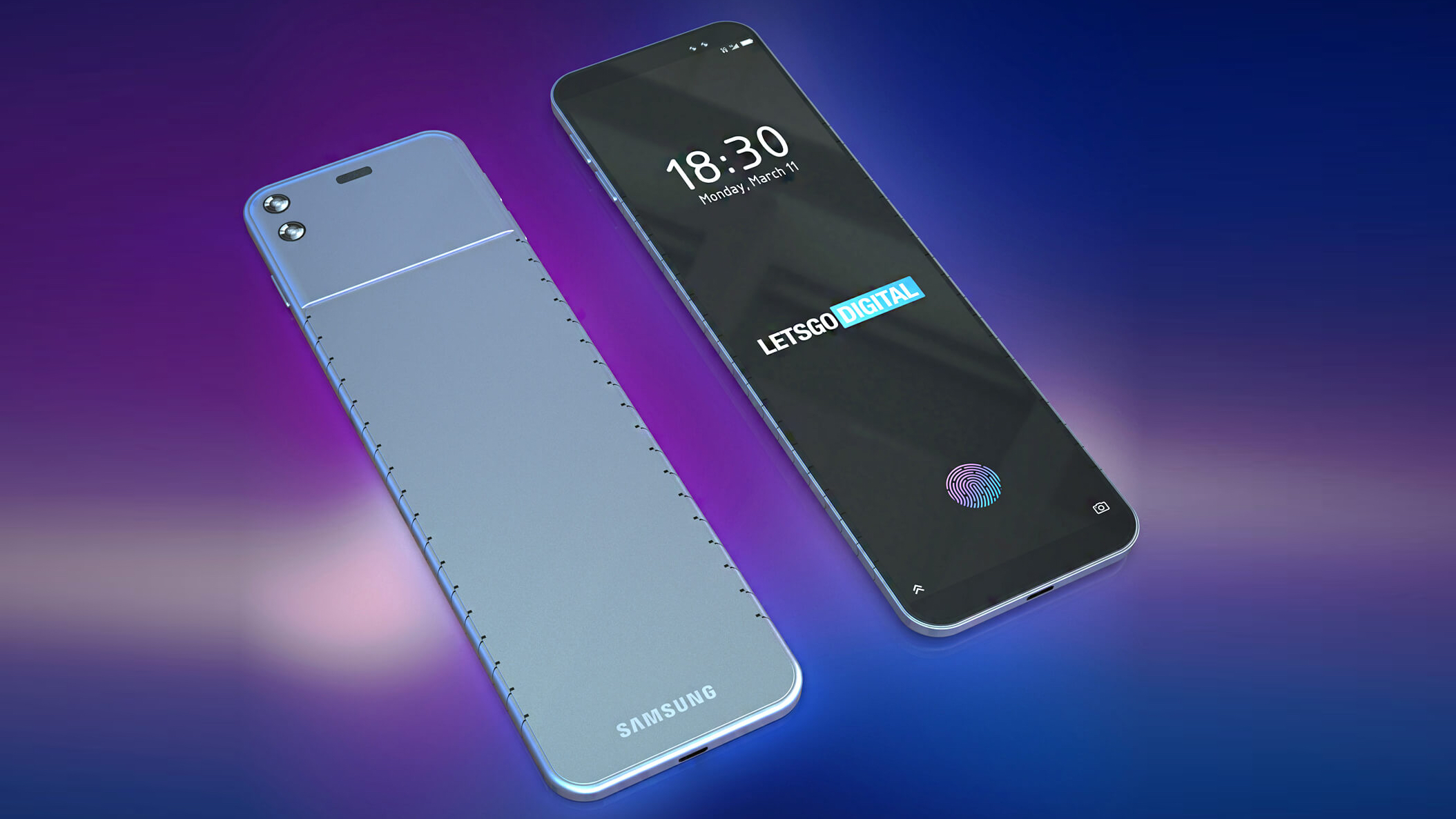
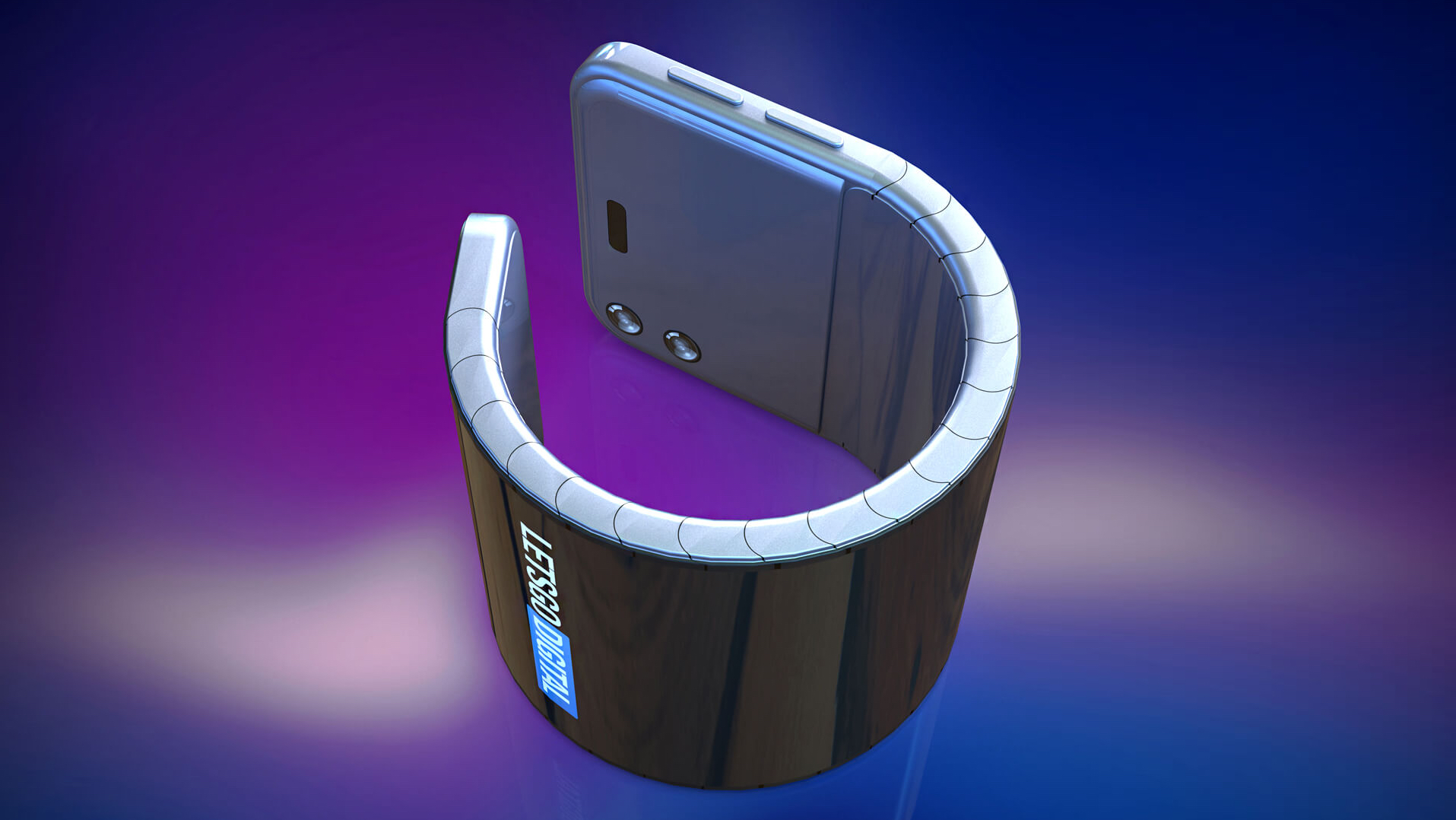

It also sounds like Nokia-branded Morph Concept unveiled on February 25, 2008 at the Museum of Modern Art, in New York City. The device had a wraparound, translucent display that Nokia said would "open up an entirely new spectrum of possibilities". Nokia envisioned built-in solar absorption to charge the device, something that is not part of the vision presented by Samsung in its patent.
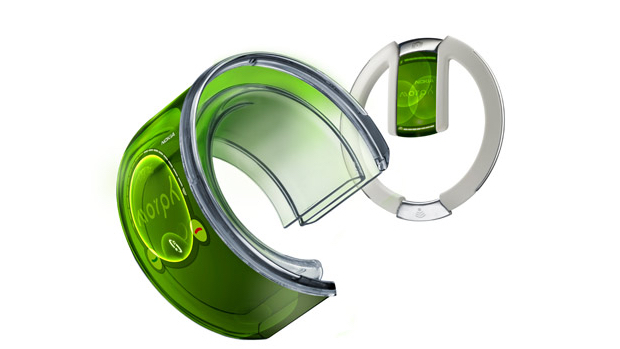
The Nokia Morph concept wristworn gadget unveiled over a decade ago bears more than a passing resemblance to the new device patented by Samsung
We have already seen a torrent of flexible screens from the likes of Samsung, Huawei and Royole. Although it's currently not clear what the rear case could be made from, Samsung could use a flexible polymer with metal segments.
As always, it's worth taking these patents with a healthy pinch of salt. Many technology companies patent new technologies that never make it beyond the four walls of the R&D department. However, with Samsung seemingly planning two more folding phones to launch later this year, it's certainly possible this could be the successor the Galaxy Watch Active announced at Galaxy Unpacked next year.
Lead Image Credit: LetsGoDigital
As a former Staff Writer for T3, Aaron writes about almost anything shiny and techie. When he’s not barking orders at Alexa-powered microwaves or gawping at 5G speed tests, Aaron covers everything from smartphones, tablets and laptops, to speakers, TVs and smart home gadgets. Prior to joining T3, Aaron worked at the Daily Express and and MailOnline.
-
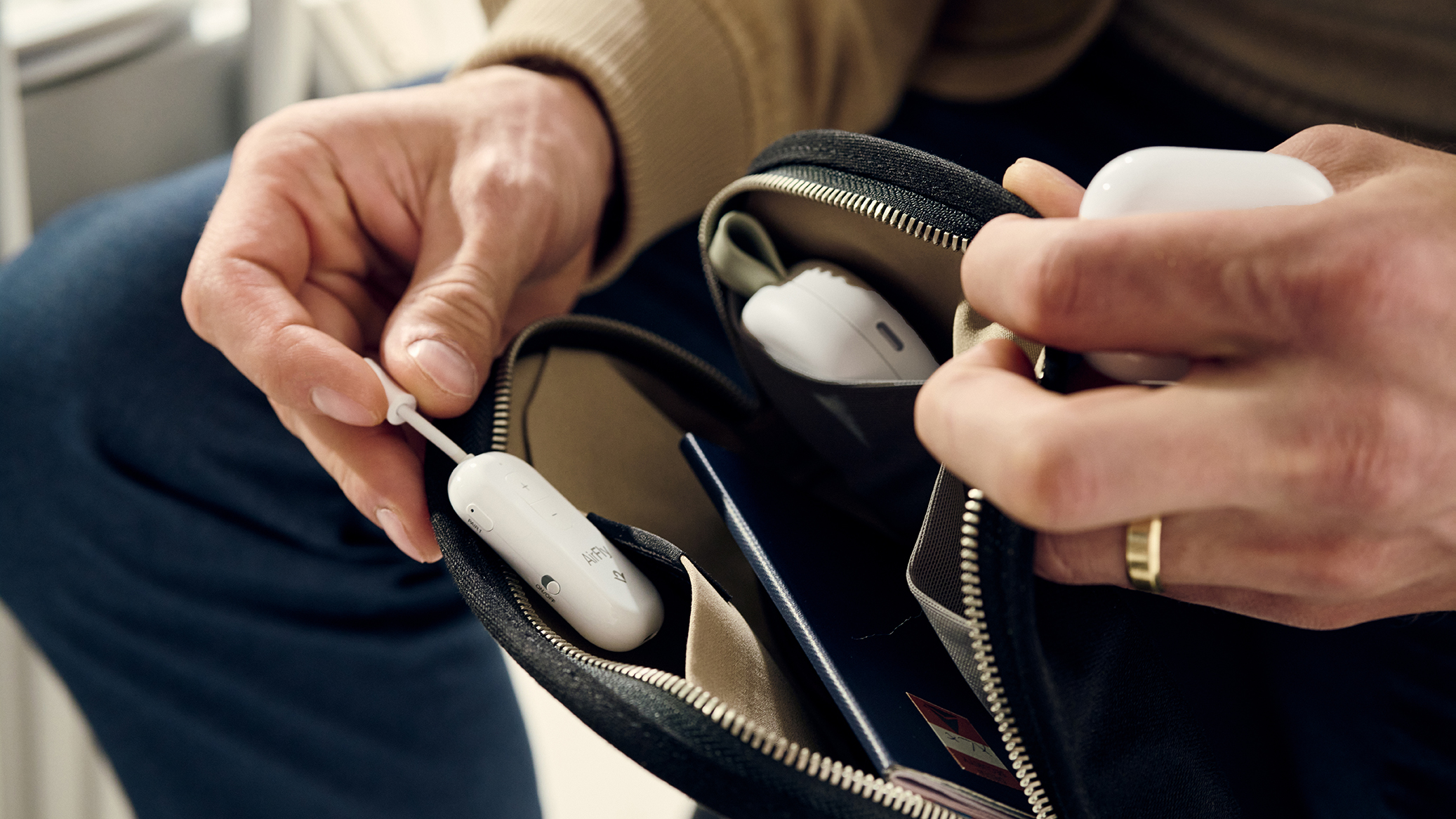 The 7 luxury travel items I won't leave home without – and why you shouldn't either
The 7 luxury travel items I won't leave home without – and why you shouldn't eitherI've flown for many hundreds of hours – and know these luxury travel items will improve your journey
By Mike Lowe
-
 Coleman takes on YETI with lighter, tougher and cheaper Pro Cooler range
Coleman takes on YETI with lighter, tougher and cheaper Pro Cooler rangeMove over, YETI – there’s a new cooler in town, and it's not here to play nice
By Matt Kollat
-
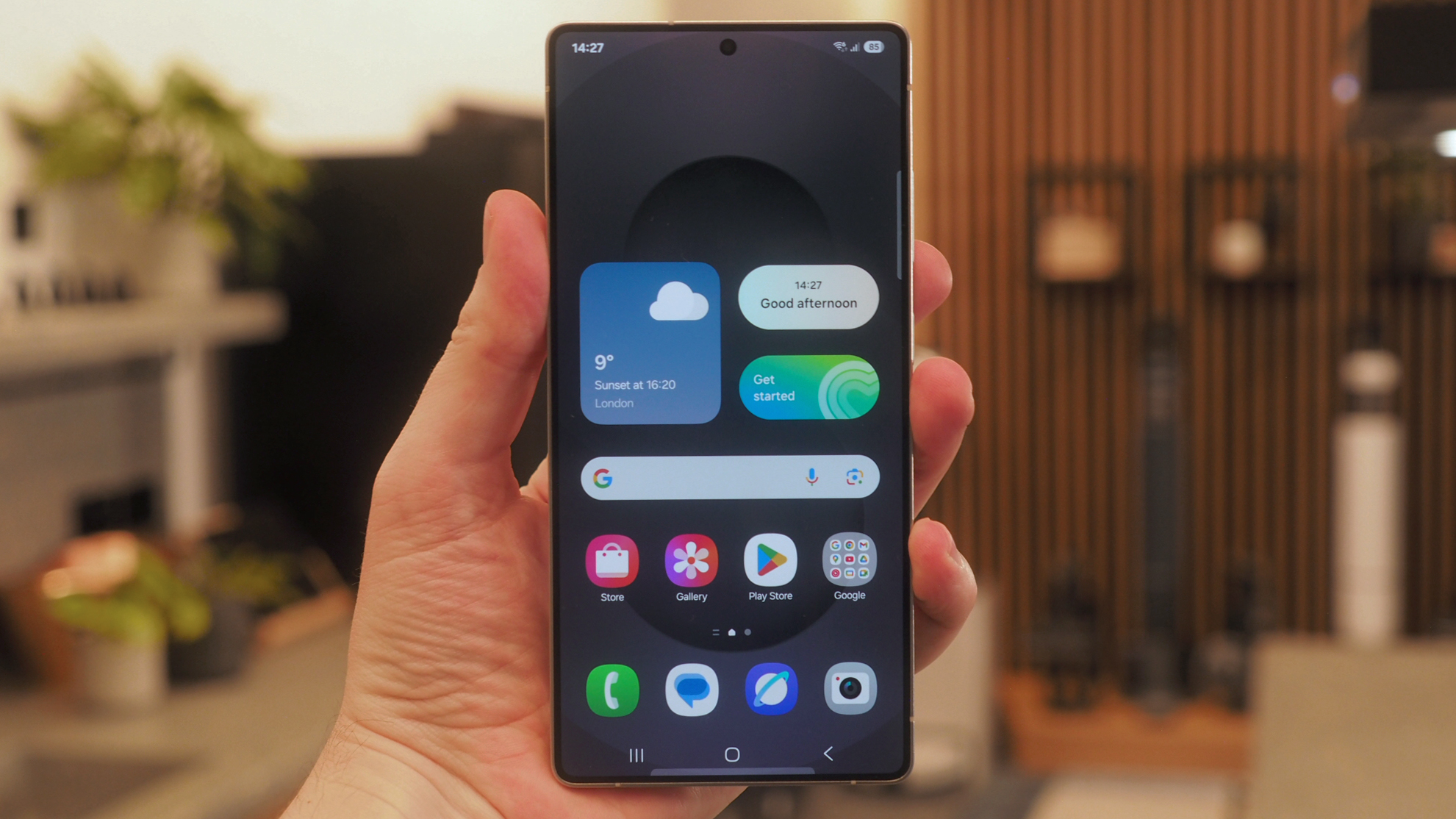 Samsung hits pause on Android 15 rollout, but your phone might be lucky
Samsung hits pause on Android 15 rollout, but your phone might be luckyYour delayed Samsung One UI 7 software update could be delayed some more
By Chris Hall
-
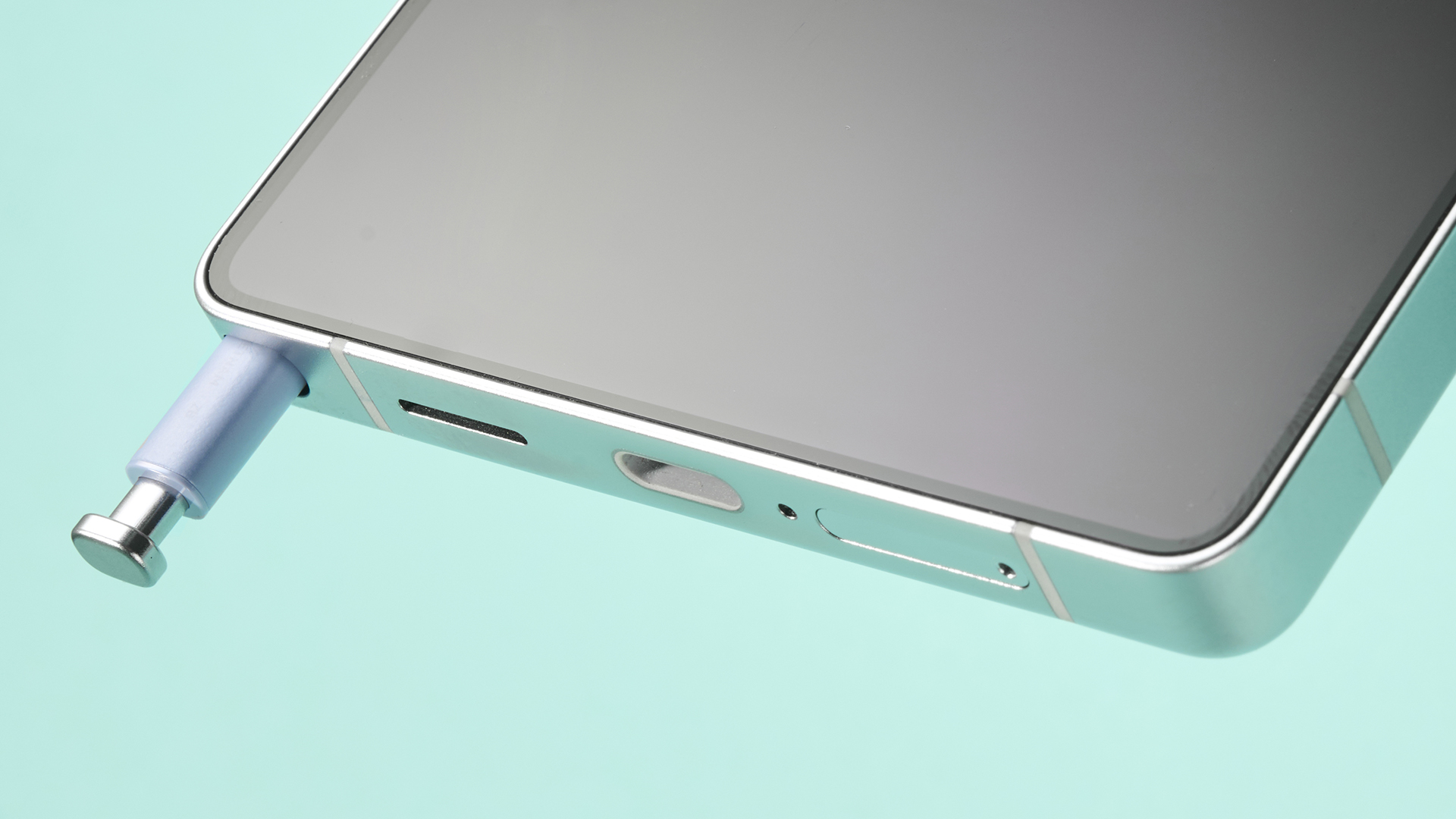 Samsung Galaxy devices could lose a unique feature after all
Samsung Galaxy devices could lose a unique feature after allThat's despite recent claims to the contrary
By Sam Cross
-
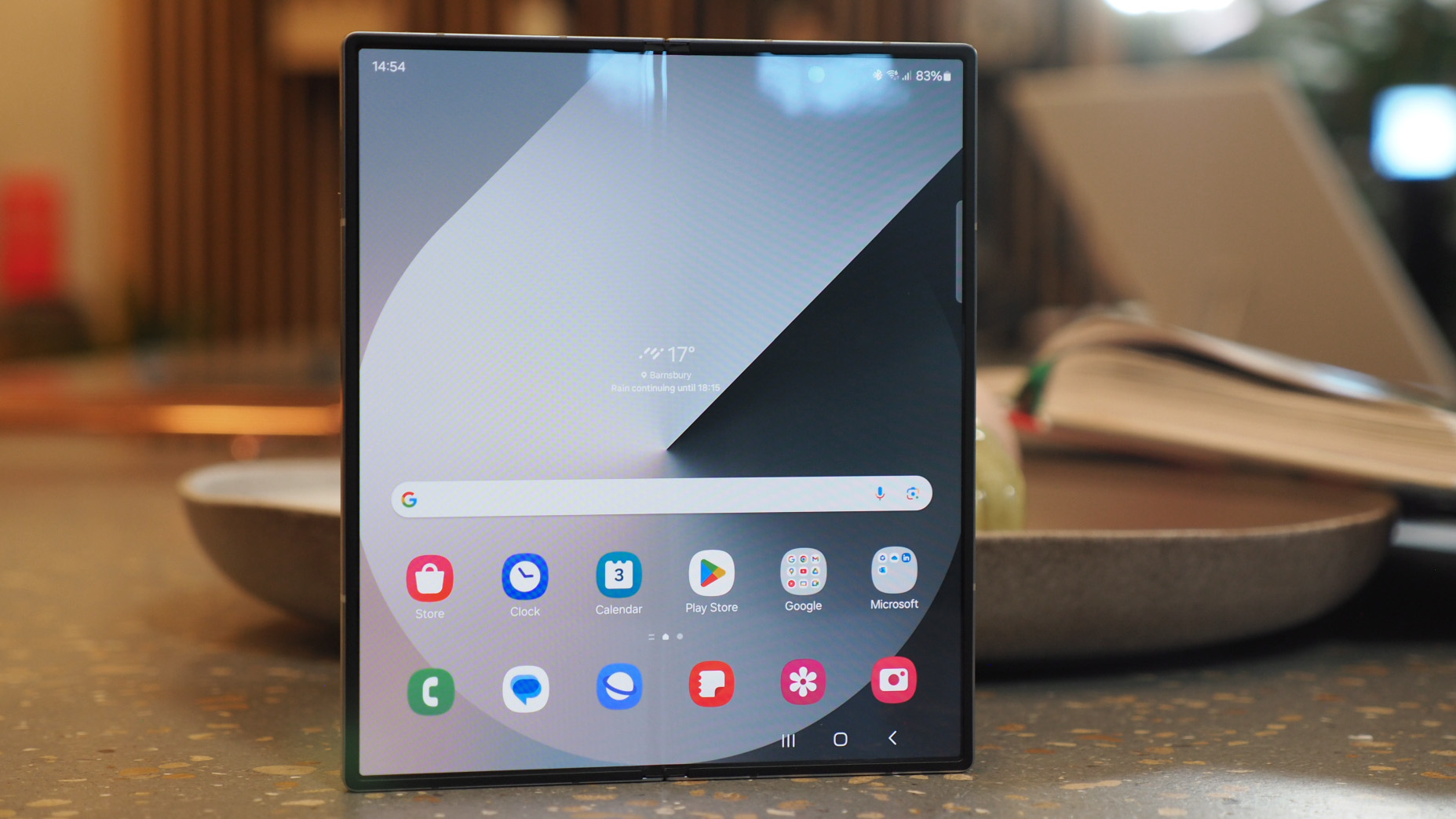 Samsung Galaxy handsets could get a massive free software upgrade as soon as this summer
Samsung Galaxy handsets could get a massive free software upgrade as soon as this summerThat's way sooner than expected
By Sam Cross
-
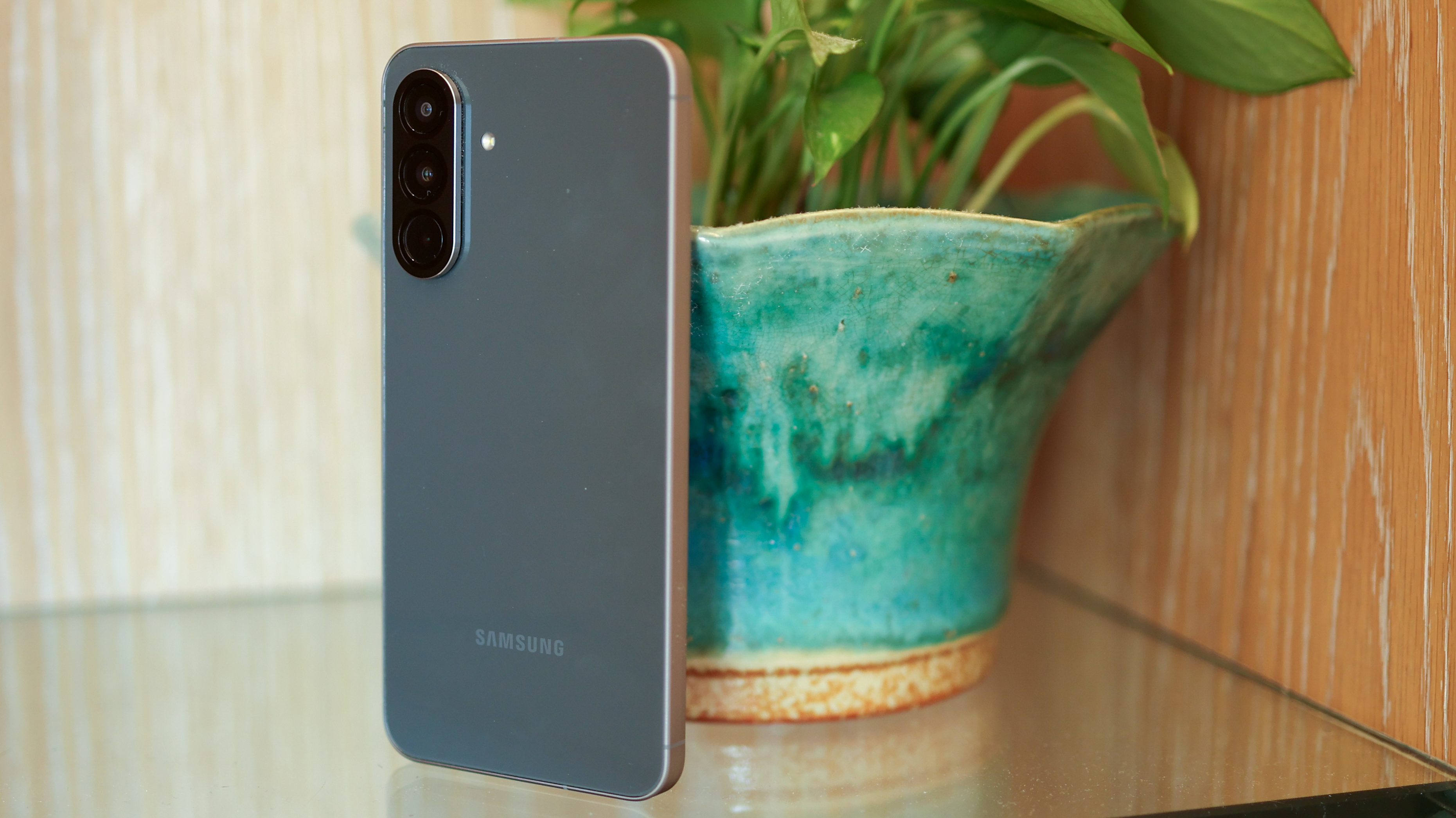 Samsung's affordable phones get Awesome Intelligence upgrade for free
Samsung's affordable phones get Awesome Intelligence upgrade for freeAnd its available to install right now
By Britta O'Boyle
-
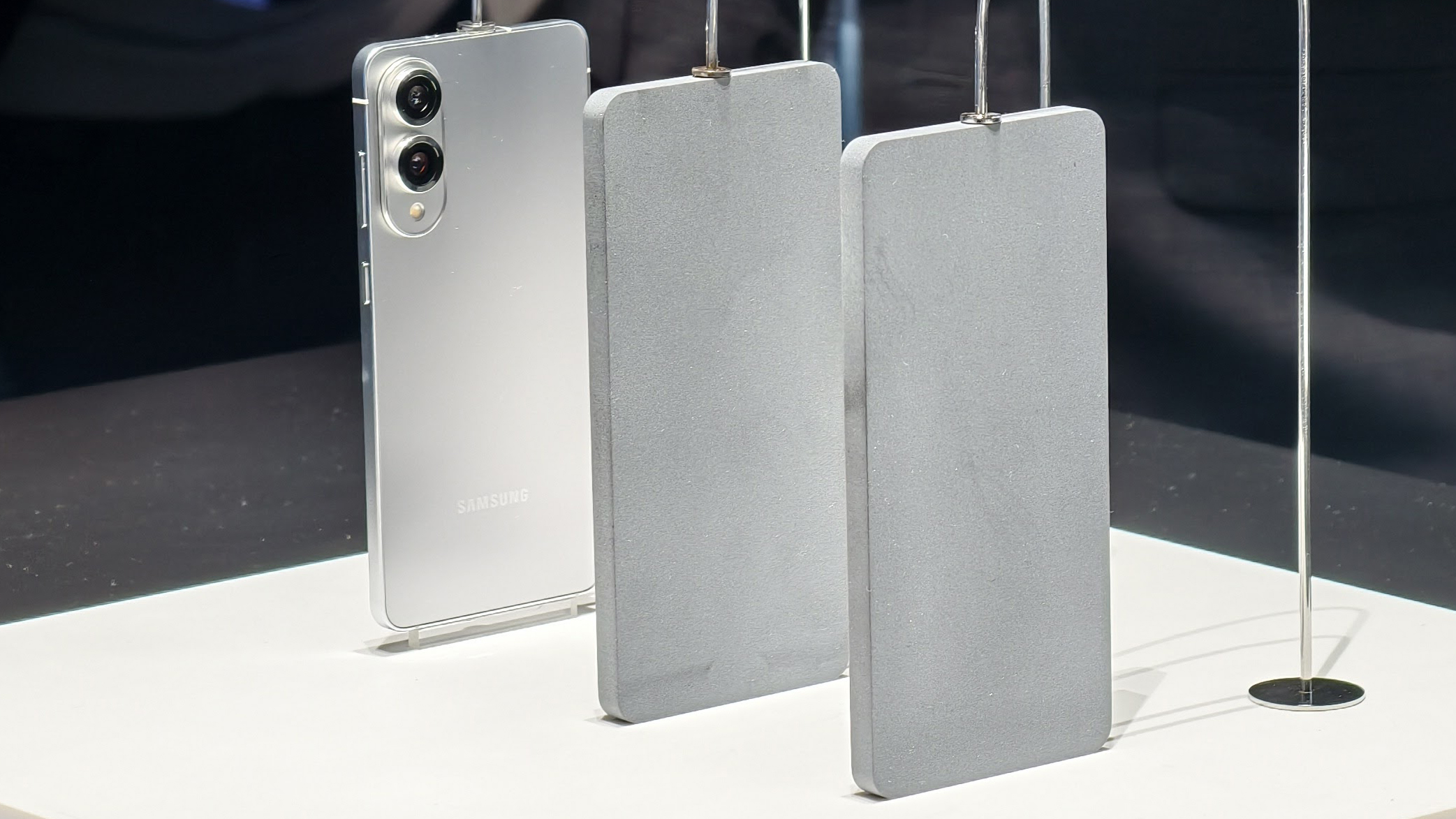 Samsung Galaxy S25 Edge could launch sooner than expected, because of space and time
Samsung Galaxy S25 Edge could launch sooner than expected, because of space and timeYou don't have to be a Doctor to realise why
By Britta O'Boyle
-
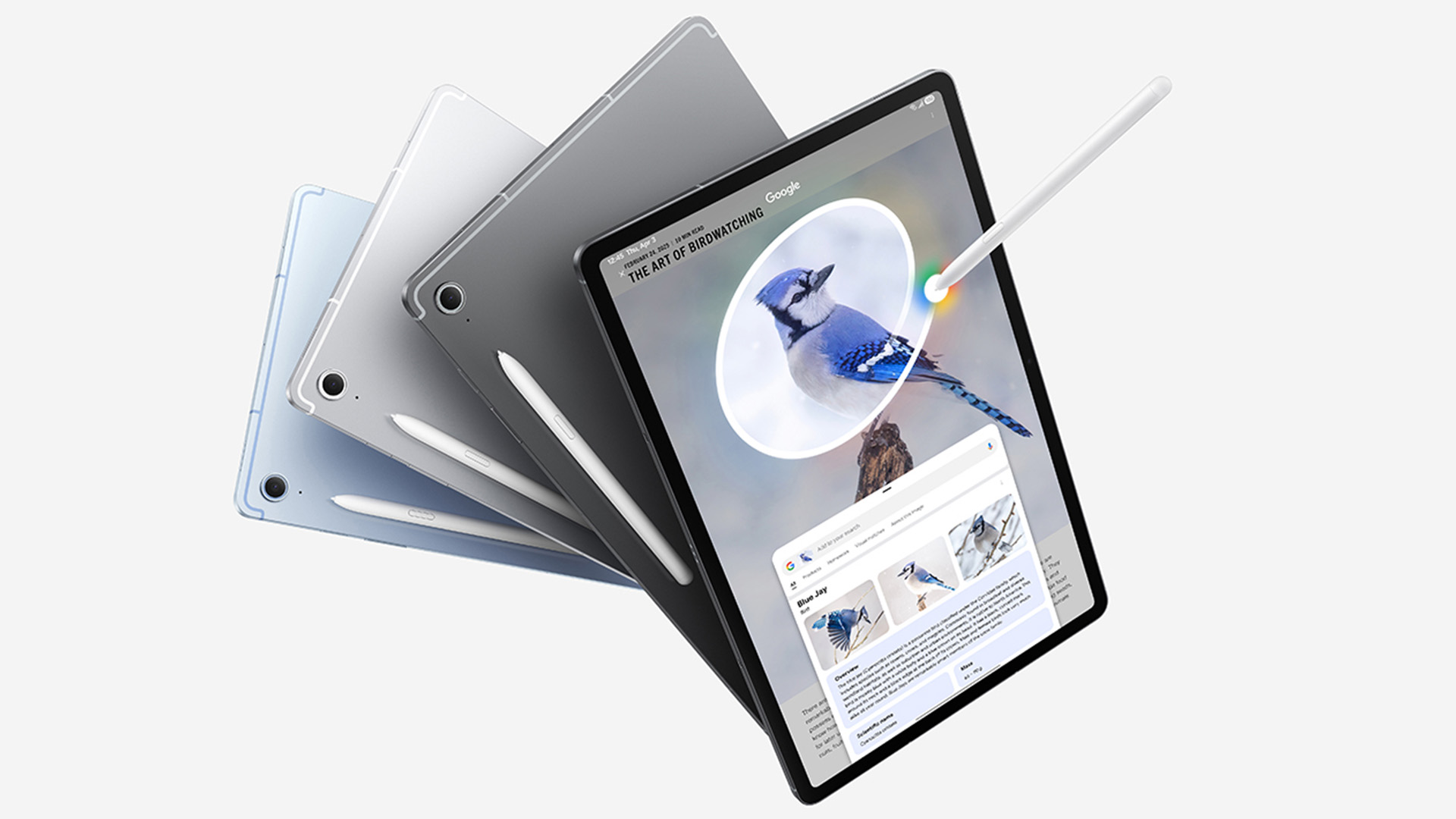 The Galaxy Tab S10 FE might be Samsung's best-value tablet yet
The Galaxy Tab S10 FE might be Samsung's best-value tablet yetA great new semi-premium entrypoint
By Max Freeman-Mills
-
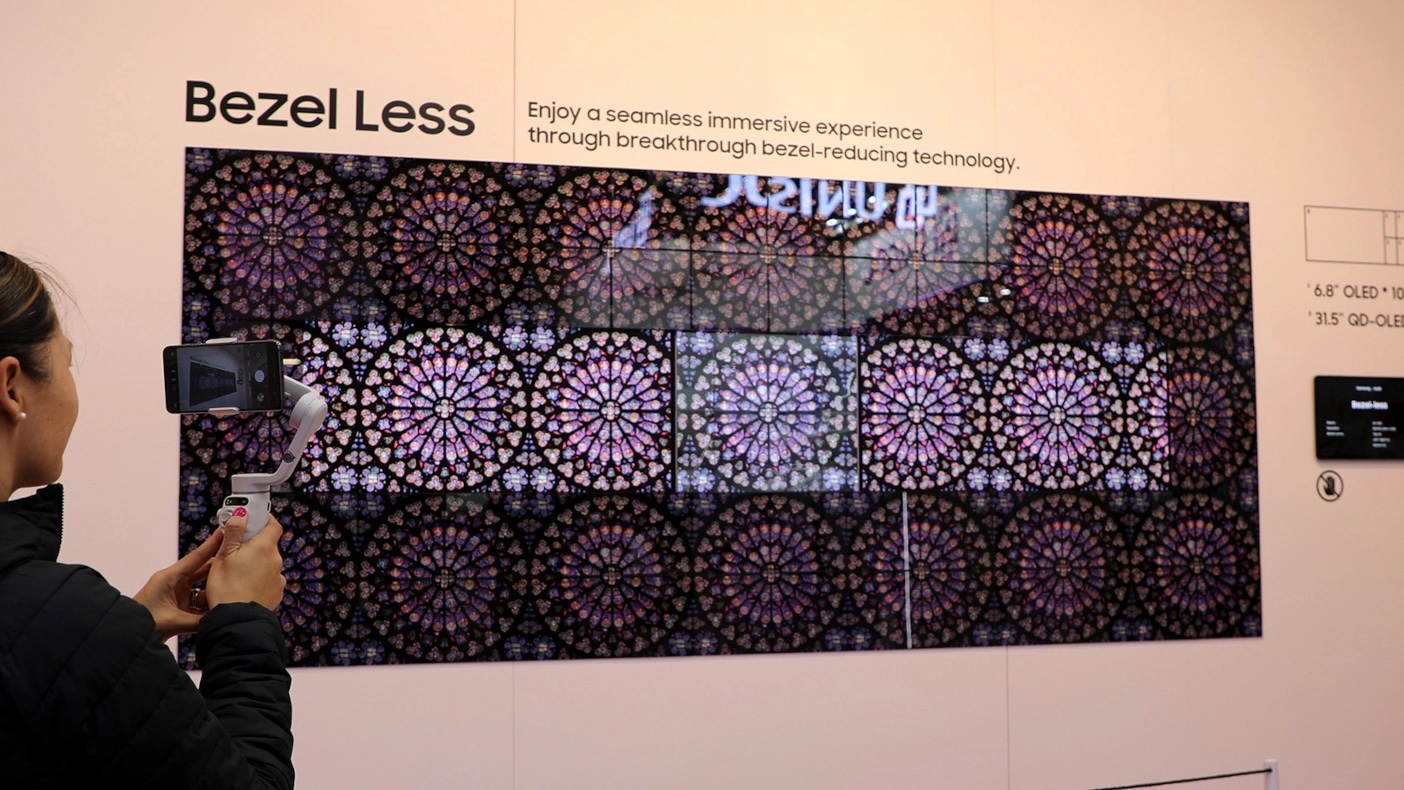 Samsung's bezel breakthrough could slash the cost of big-screen 8K OLED TVs
Samsung's bezel breakthrough could slash the cost of big-screen 8K OLED TVsMassive TV panels are really hard to make – so why not just tile multiple smaller ones instead?
By Carrie Marshall
-
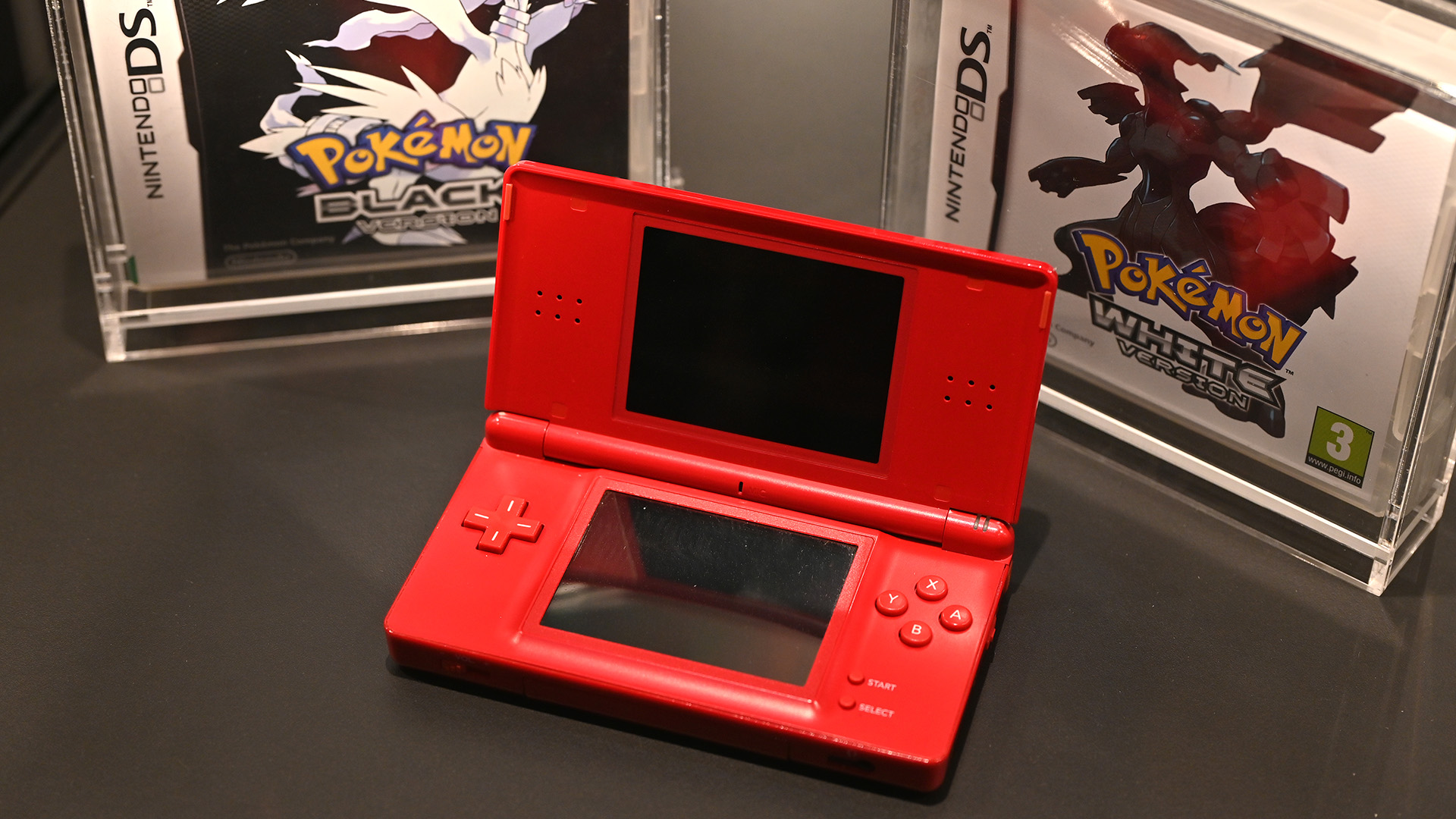 Samsung wants to turn the Z Flip phone into a Nintendo DS
Samsung wants to turn the Z Flip phone into a Nintendo DSA patent discovery shows an interesting accessory for the Z Flip foldable
By Rik Henderson